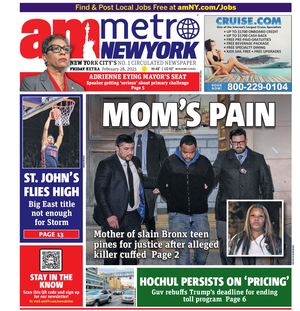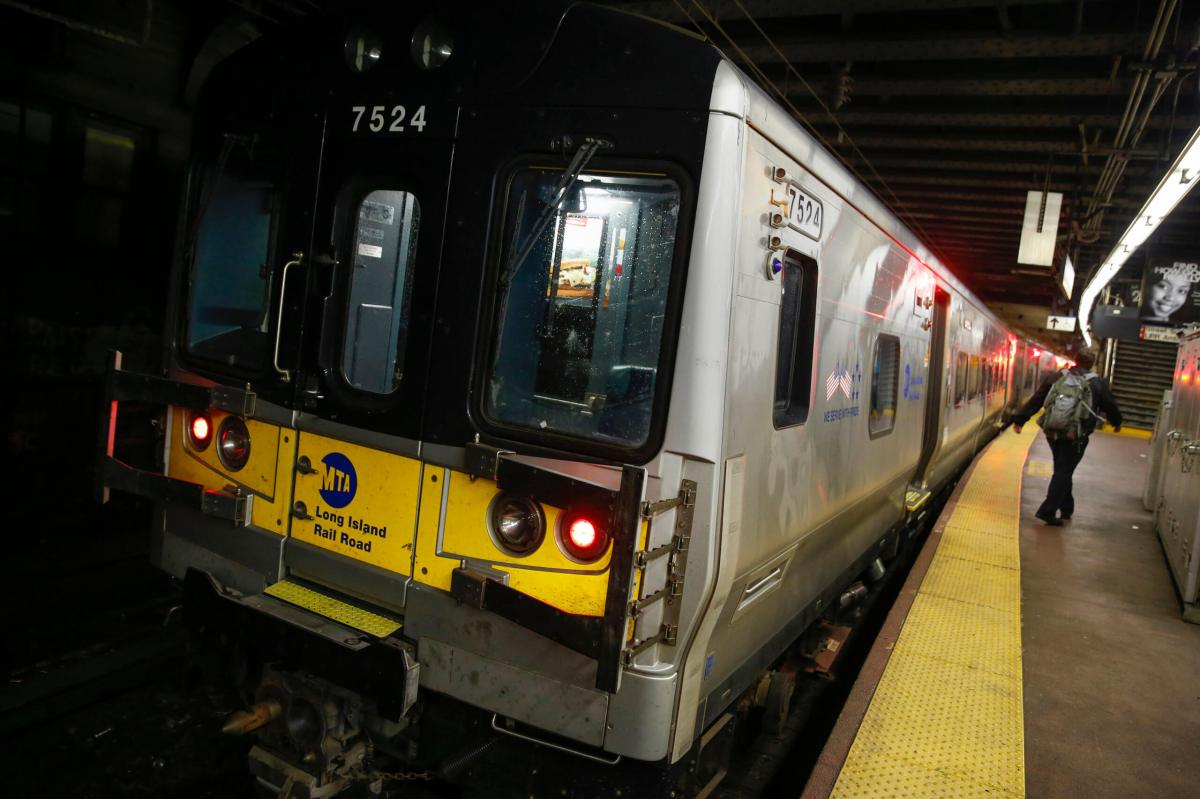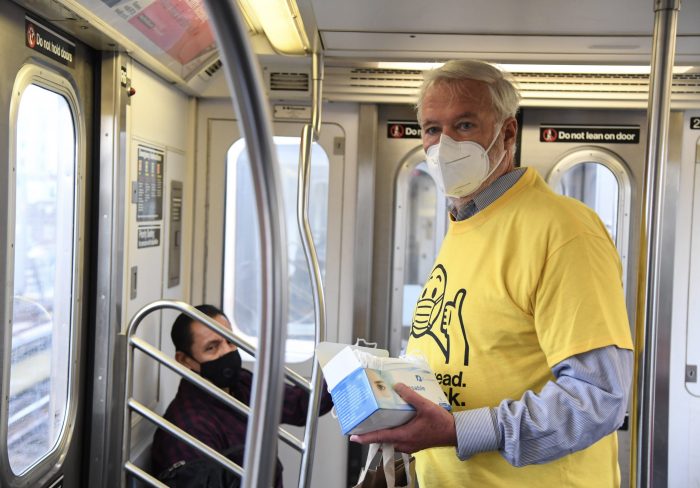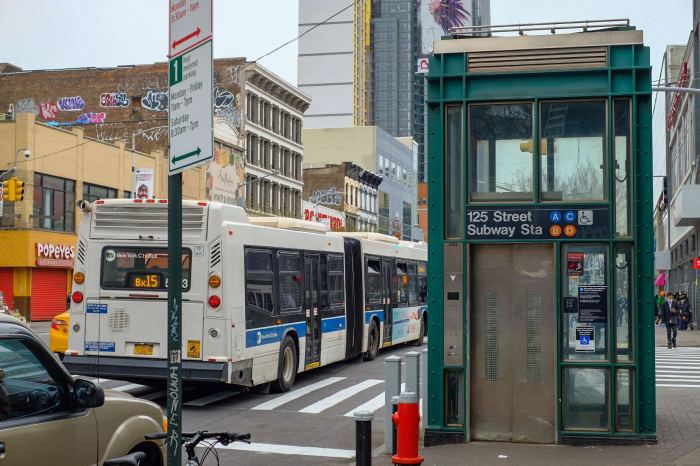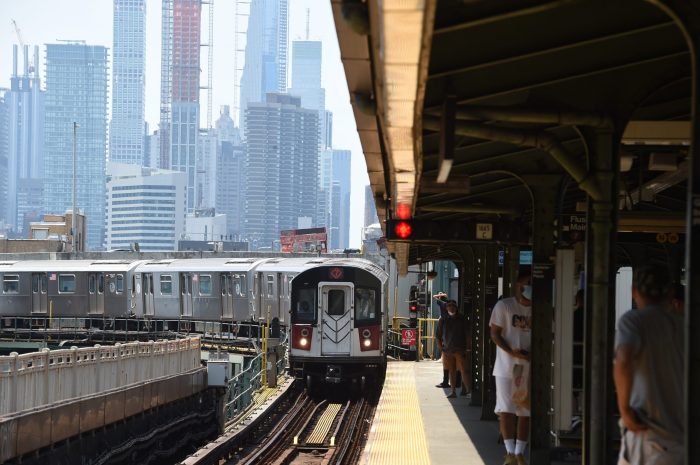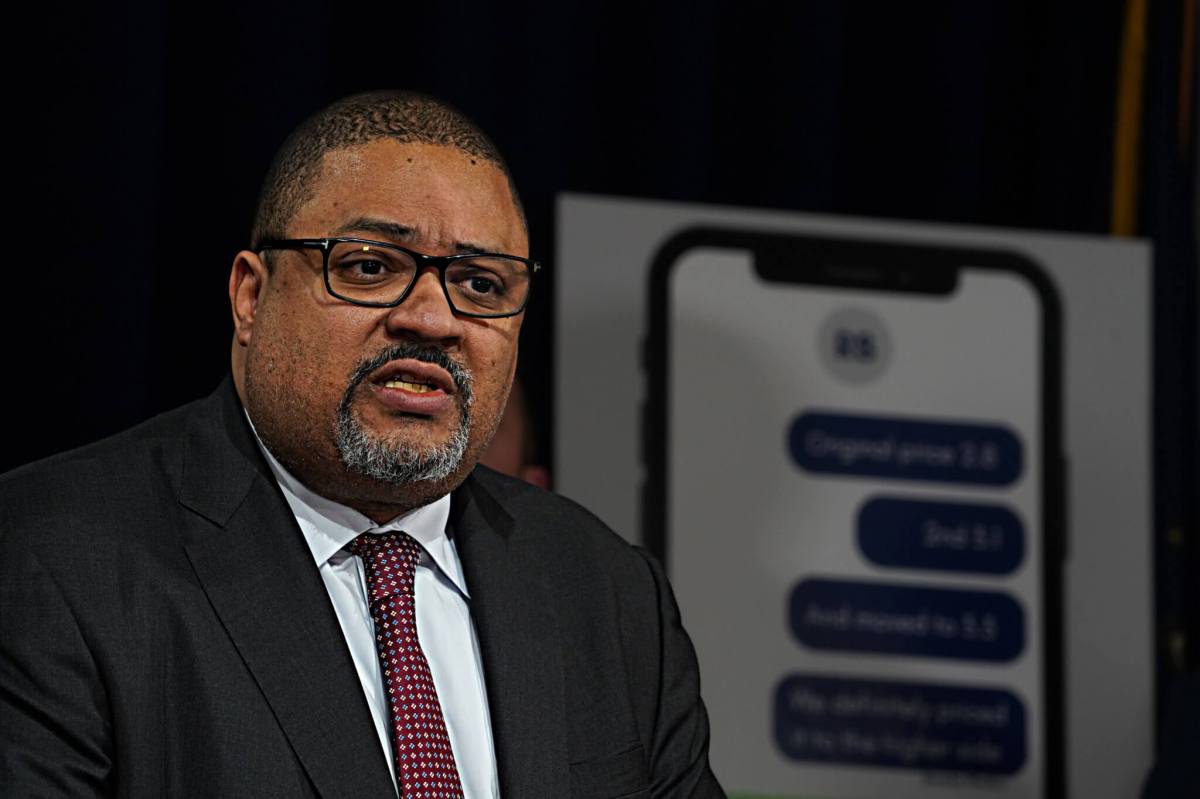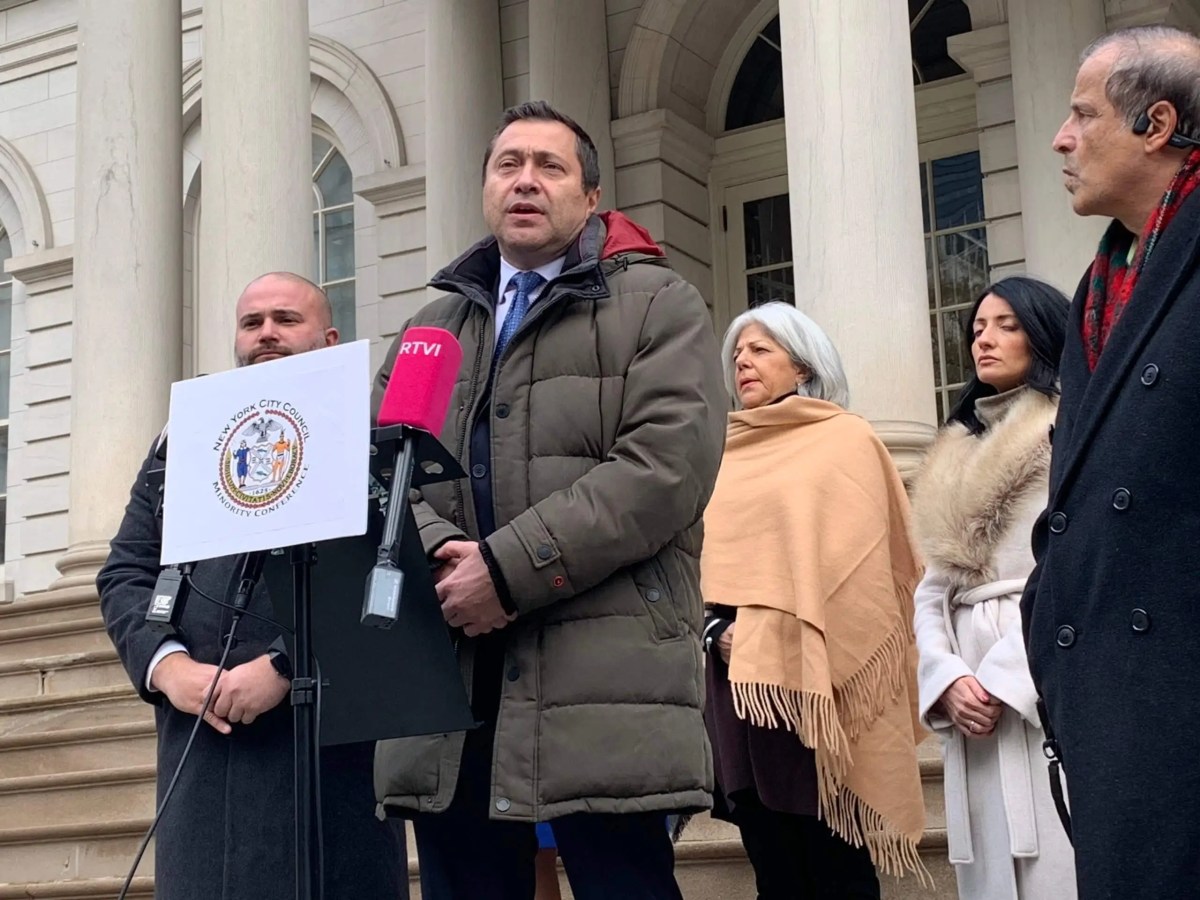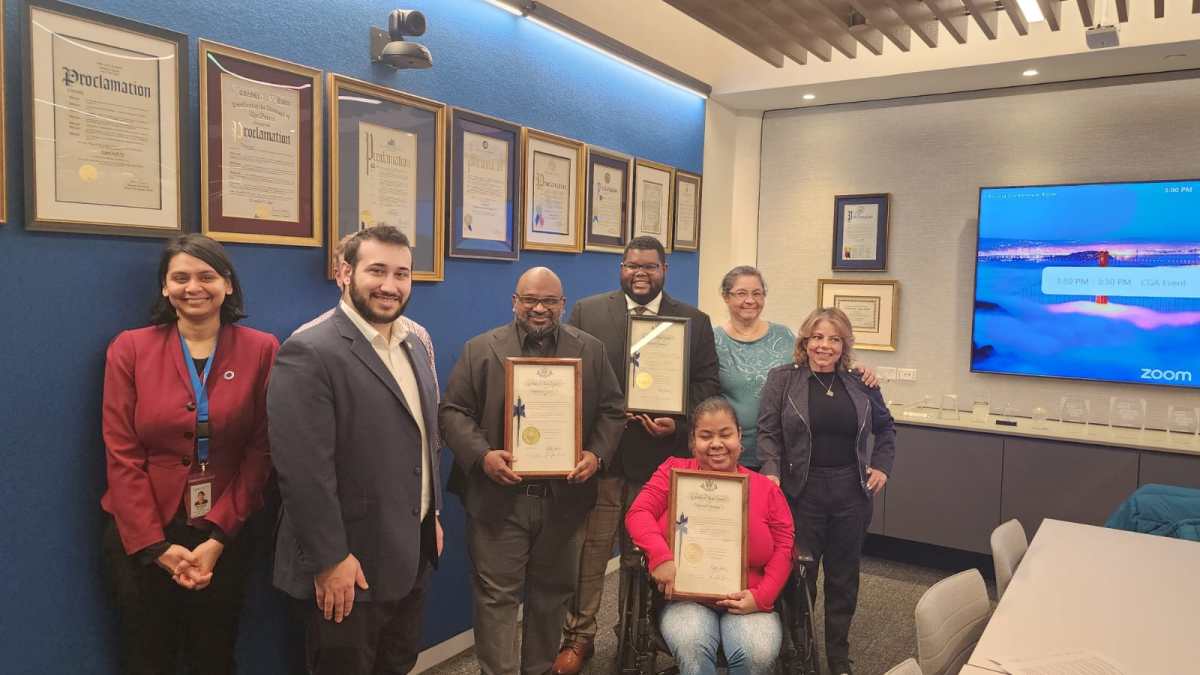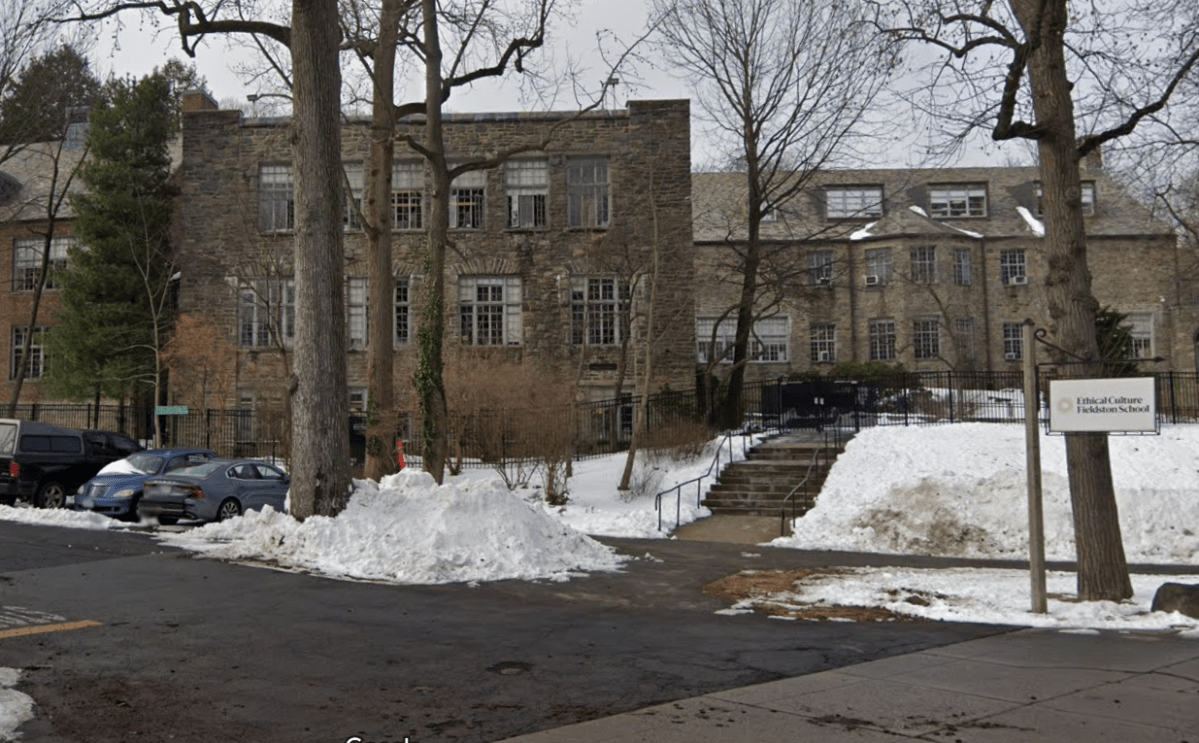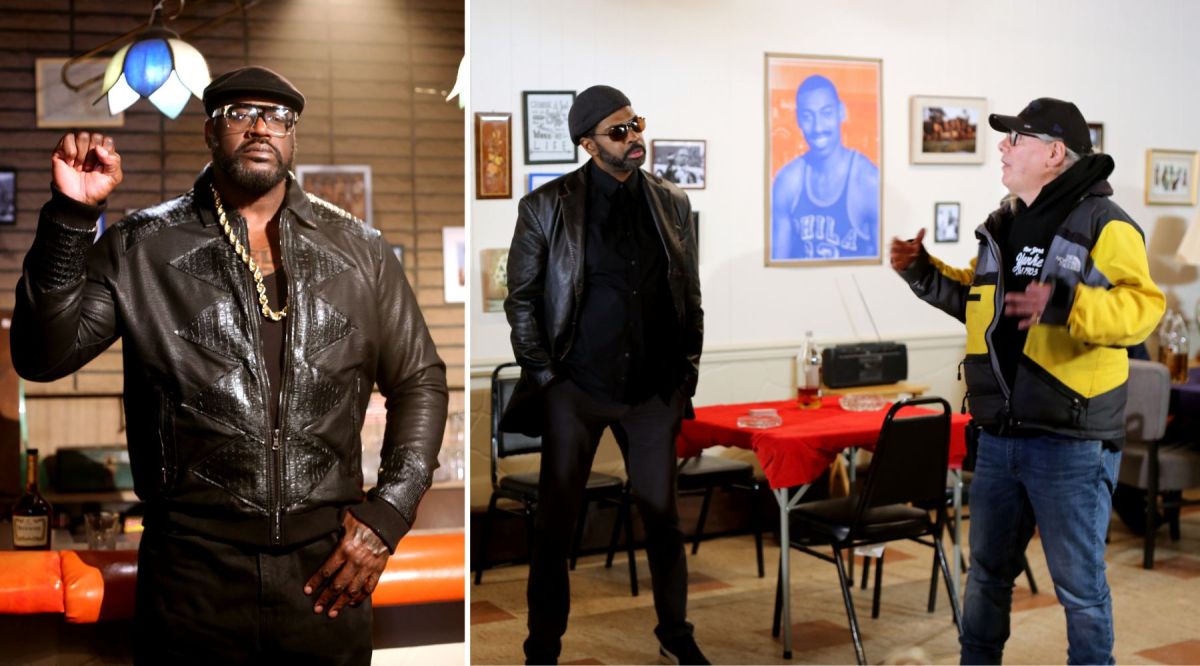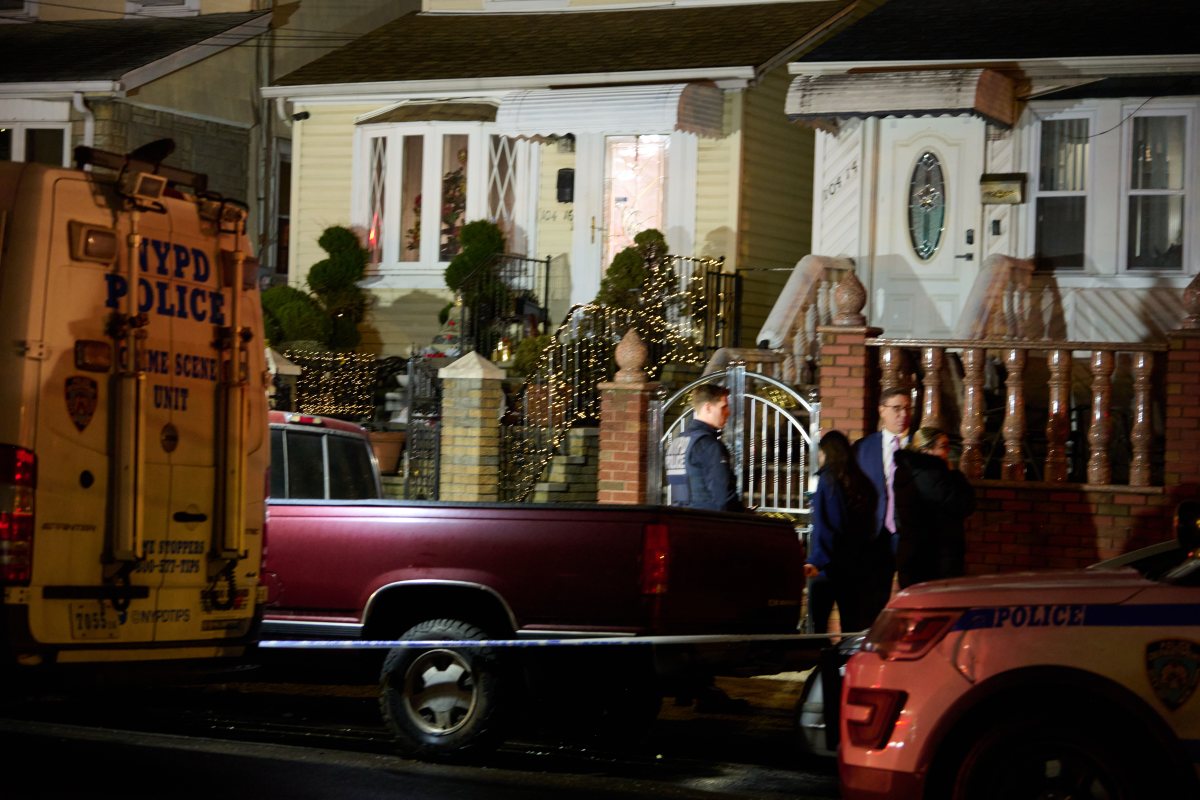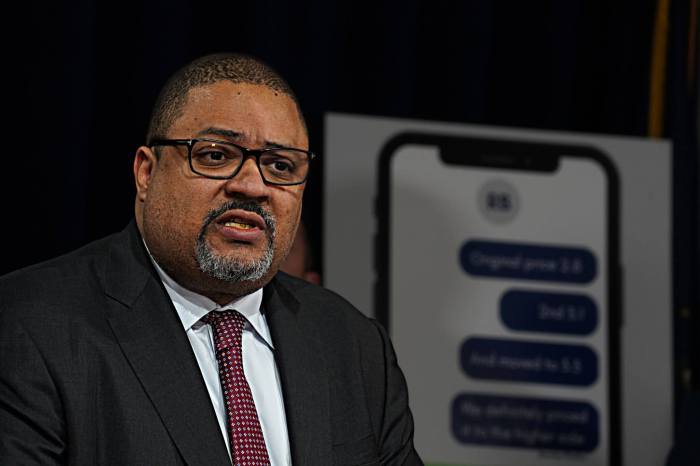Undercover investigators found eight train conductors on the Long Island Rail Road failed to produce tickets collected from riders as they were supposed to, violating their own agency guidelines and fraud protections.
The Metropolitan Transportation Authority’s Office of the Inspector General and investigators with the Suffolk County district attorney’s office went incognito on LIRR trains in 2019 and 2020, after former conductor Robert Anderson was caught pocketing tickets and giving them to friends and family rather than sending them back to the agency, and the auditors found eight more conductors who didn’t properly dispose of the travel passes.
“While the OIG did not find that the Conductors took these tickets for personal gain as Anderson did, the OIG found that the Conductors violated agency policy designed to protect the agency’s revenue and employees from allegations of fraud,” reads a report released Thursday, Oct. 14, by MTA Inspector General Carolyn Pokorny.
Conductors are trained to “service” paper train tickets by punching them up to three times to show that they’re used, before taking them after the final punch, or “canceling” the ticket in transit jargon.
At the end of a shift, a conductor is supposed to drop off an envelope with cancelled tickets at a station clerk to be sent to the agency’s revenue officer for review.
In 2019, Anderson instead kept the tickets and gave them away to friends and family to use.
On July 28, 2021, the scammer pleaded guilty to one count of official misconduct, a misdemeanor, paying a $1,000 fine, and resigned from the commuter railroad job.
The incident prompted the OIG to conduct the stings on trains to see if any of his colleagues were also not sending in the used tickets as per policy.
On 15 instances between November 2019 and September 2020, OIG and Suffolk County investigators rode the LIRR trains and presented one-way tickets to conductors.
Eight of the transit workers later handed in envelopes without the investigators’ tickets in them or didn’t submit envelopes at all, the probe found and the total value of lost tickets used by investigators was $249.
However, the report noted that investigators couldn’t prove that the eight conductors actually used the tickets for personal gain.
In response to the findings, LIRR sent each of the eight employees a warning letter, saying that any future such violation will result in disciplinary action.
The agency also posted more notices and reminded its employees of the policies, according to the report.
“The LIRR expects the highest performance from its train crew members and these conductors have been re-instructed about proper ticket collection procedures,” said MTA spokesperson Michael Cortez in a statement. “Their actions do not represent the high levels of adherence to procedures of the vast majority of the LIRR’s hardworking employees.”
This is not the first time in recent memory that workers on the suburban railroad have run into trouble with investigators.
A married conductor couple were caught cutting shifts and covering for each other, stealing more than $3,400 in pay from the agency last year.
Four LIRR workers and an employee of New York City Transit — which runs the MTA’s subways, buses, and Staten Island Railway — were busted in late 2020 for scamming the agency out of north of $1 million by claiming exorbitant “almost physically impossible” amount of overtime.
